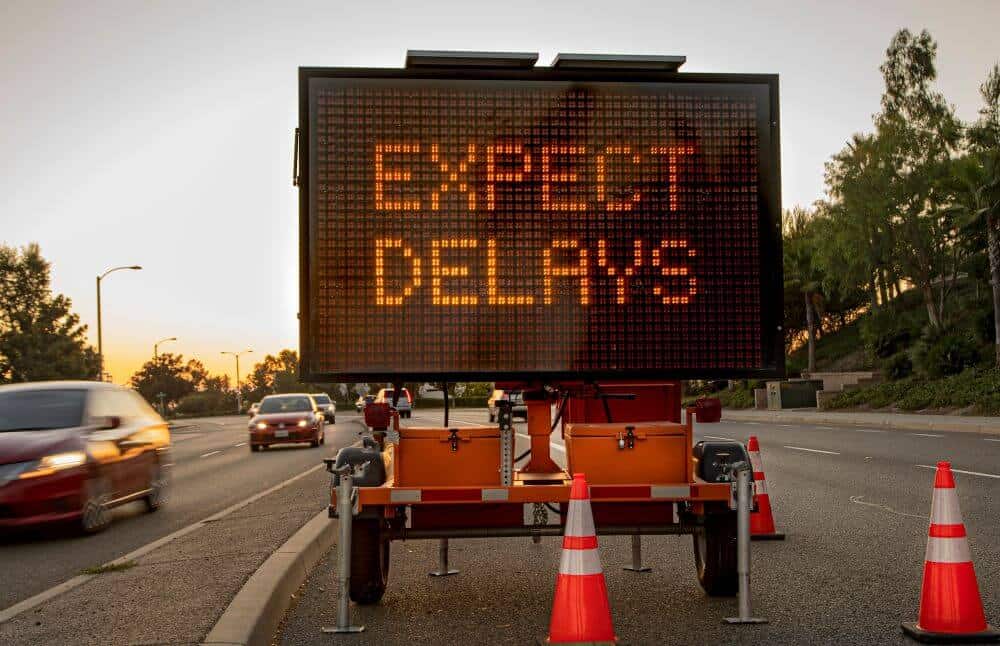
August 24, 2020

The impact of the COVID-19 pandemic has resulted in many changes for Atlanta area businesses. It started with the abrupt government orders around business closures and stay at home orders and transitioned to re-opening guidelines that mandate both employee and customer safeguards (facemasks, social distancing, and sanitizers). There are several well-documented loan programs such as the Paycheck Protection Program (PPP) and Economic Injury Disaster Loans (EIDL) designed to help businesses financially thrive. Naturally, the COVID-19 changes also impacted government agencies including the IRS where operations were drastically reduced or stopped altogether to ensure employees were protected. While important, it has created significant confusion for those who sent returns/payments but have received late payment notices. The good news is the IRS has addressed these challenges and published guidance for those impacted. To help clients, prospects, and others, Wilson Lewis has provided a summary of key points below.
Many taxpayers have reported receiving late and past payment due notices despite the fact payment has already been submitted. This has created significant confusion and resulted in the cancellation of the initial payment and the resubmission of payment. To prevent this from happening, the IRS has stated that it is likely the original payment is currently being processed. Payments will be posted on the date received rather than the day processed. To ensure the original payment is valid when processed, it is important not to cancel the original form of payment as penalties and interest changes may result. To be fair, the IRS is providing relief from bad check penalties on any payment received between March 1, 2020, and July 15, 2020.
There were two payroll tax incentives implemented as part of the CARES Act including the Employee Retention and sick and family leave credits. To claim them employers are required to make certain calculations and then withhold the corresponding amounts on payroll tax payments. It has been reported that some business taxpayers have received a failure to deposit penalty related to Form 941 despite making accurate calculations and reductions. The IRS stated that although steps were taken to prevent this from happening some incorrect notices were mailed. The good news is there is no additional action to take cine the IRS is aware of the issue and is making the necessary corrections.
Contact Us
A notice from the IRS about payment due or failure to deposit penalties often creates unwelcome stress and anxiety especially when the proper steps have been taken. The recent updates should alleviate taxpayer concerns and provide important guidelines on how to move forward. If you have questions about the information outlined above or need assistance with a tax or accounting issue, Wilson Lewis can help. For additional information call us at 770-476-1004 or click here to contact us. We look forward to speaking with you soon.
.